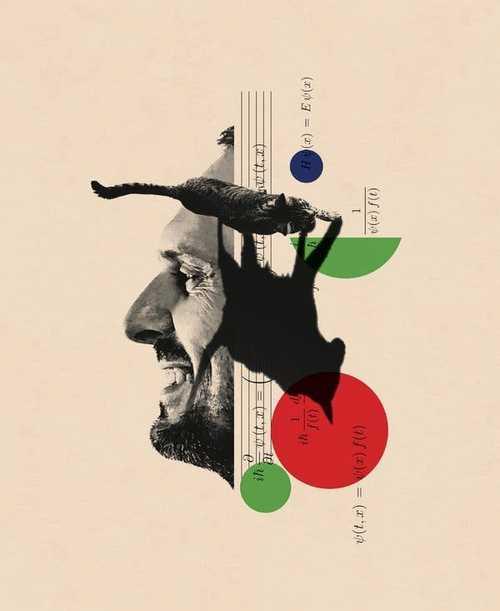Explore the World's Best Ideas
Join today and uncover 100+ curated journeys from 50+ topics. Unlock access to our mobile app with extensive features.
Theory smells
“I strongly believe that physics is words, in a sense,” he said across the picnic table. And whereas all the other talks at the workshop focused on the empirical implications of quantum mechanics, Bassi’s would make a case for what a vast majority of his colleagues consider a highly implausible idea: that the theory upon which nearly all of modern physics rests must have something wrong with it — precisely because it can’t be put into words.
7
32 reads
Despite the theory’s advancing years, even college-educated adults tend to have only a hazy sense of what quantum mechanics says. But the standard take on quantum mechanics suggests something far more surprising: that a complete understanding of even the objective, physical world is beyond science’s reach, since it’s impossible to translate into words how the theory’s math relates to the world we live in.
7
13 reads
We need better words
Bassi, a 47-year-old theoretical physicist at the University of Trieste, in northeastern Italy, is prominent among a tiny minority of rebels in the discipline who reject this conclusion. “I strongly believe that physics is words, in a sense,” he said across the picnic table.
7
16 reads
The view of an era
Schrödinger himself, as disconcerted as anyone by quantum theory’s lack of description, figured that it was simply incomplete — a conclusion his contemporary Albert Einstein shared, pointedly asking one colleague if he truly believed that the moon wasn’t there when no one was looking. But to most of the other founders of quantum mechanics, in particular the highly influential Niels Bohr, the theory’s limitations simply signaled that physics had reached a dead end.
8
9 reads
Entanglement
Schrödinger coined a term — “entanglement” — the wave functions of any two interacting objects, including observer and observed, get wove into one.
This puts a researcher probing the subatomic world into a position similar to that of one water droplet trying to deduce the dimensions of another by touching it: Since the end result is one big droplet, the observing droplet can work out the volume of the observed (by subtracting its own initial volume from that of the big droplet) but can’t glean its original shape. Entanglement could be responsible for keeping objective reality behind a veil.
8
6 reads
Current state
“Physics,” Bohr wrote, “is to be regarded not so much as the study of something a priori given, but as the development of methods for ordering and surveying human experience.”
If all we ask of physics is that it describe human experience, then the paradox goes away.
Of all the weird things about quantum mechanics, this limitation on the knowable is the weirdest, and the most profound. It suggests that scientists’ most accurate model of the world can’t describe whatever goings-on underlie our observations — or even be specific about what “observations” actually are, and what their effects are.
8
8 reads
QM and God
“The idea that there is truth and simplicity behind phenomena, if you wish, you can relate it directly to a faith in God that is a unity that gives rise to everything.
It is not necessary that I want to link the two things.”
There is actually “arrogance,” he countered, in the orthodoxy’s assumption that quantum mechanics is correct.
“That attitude blocks research, at the end of the day,” . “Even if the world is ultimately not understandable, there is no reason to believe we have hit the bottom with quantum mechanics.”
7
24 reads
IDEAS CURATED BY
Similar ideas
6 ideas
Quantum physics
newscientist.com
9 ideas
Top 10 Totally Weird Physics Ideas
thoughtco.com
Read & Learn
20x Faster
without
deepstash
with
deepstash
with
deepstash
Personalized microlearning
—
100+ Learning Journeys
—
Access to 200,000+ ideas
—
Access to the mobile app
—
Unlimited idea saving
—
—
Unlimited history
—
—
Unlimited listening to ideas
—
—
Downloading & offline access
—
—
Supercharge your mind with one idea per day
Enter your email and spend 1 minute every day to learn something new.
I agree to receive email updates
